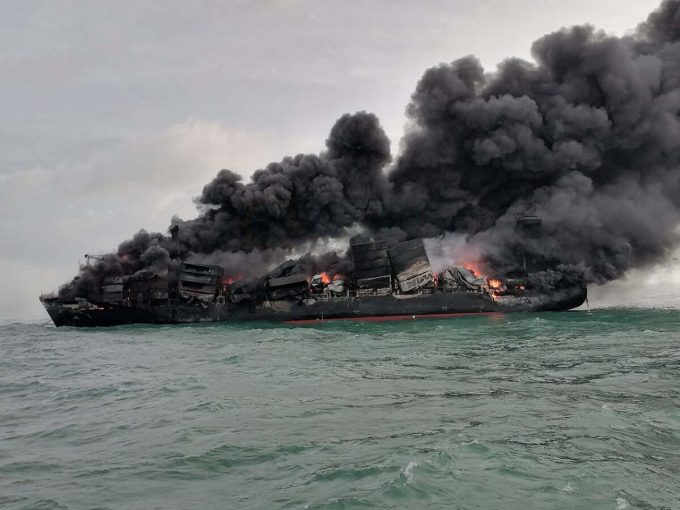The Loadstar Podcast | Transport Logistic and Air Cargo Europe 2025
Missed Munich? Or too many meetings to get out on the floor? In this episode ...

Hapag-Lloyd has adopted National Cargo Bureau’s Hazcheck Detect cargo screening tool, becoming the third top-ten carrier, after Maersk and ONE, to do so.
Like other systems of its type, Hazcheck scans bookings for suspicious key words – consignees misdeclaring hazardous cargo to secure cheaper rates are ...
Keep our news independent, by supporting The Loadstar
Four crew members still missing as Wan Hai 503 continues to burn
Explosions and 'out-of-control' fire reported on Wan Hai box ship
Carrier price hikes hold, driving spot rates higher as space gets scarcer
Predatory rivals circle as the ripples from DSV's Schenker buy widen
MSC Elsa crew face criminal probe, as Wan Hai 503 firefighters battle on
'It's driving us mad', say forwarders as US court fails to end tariff turmoil
Transpacific rates ease as capacity boost proves too much for trades to digest


Comment on this article